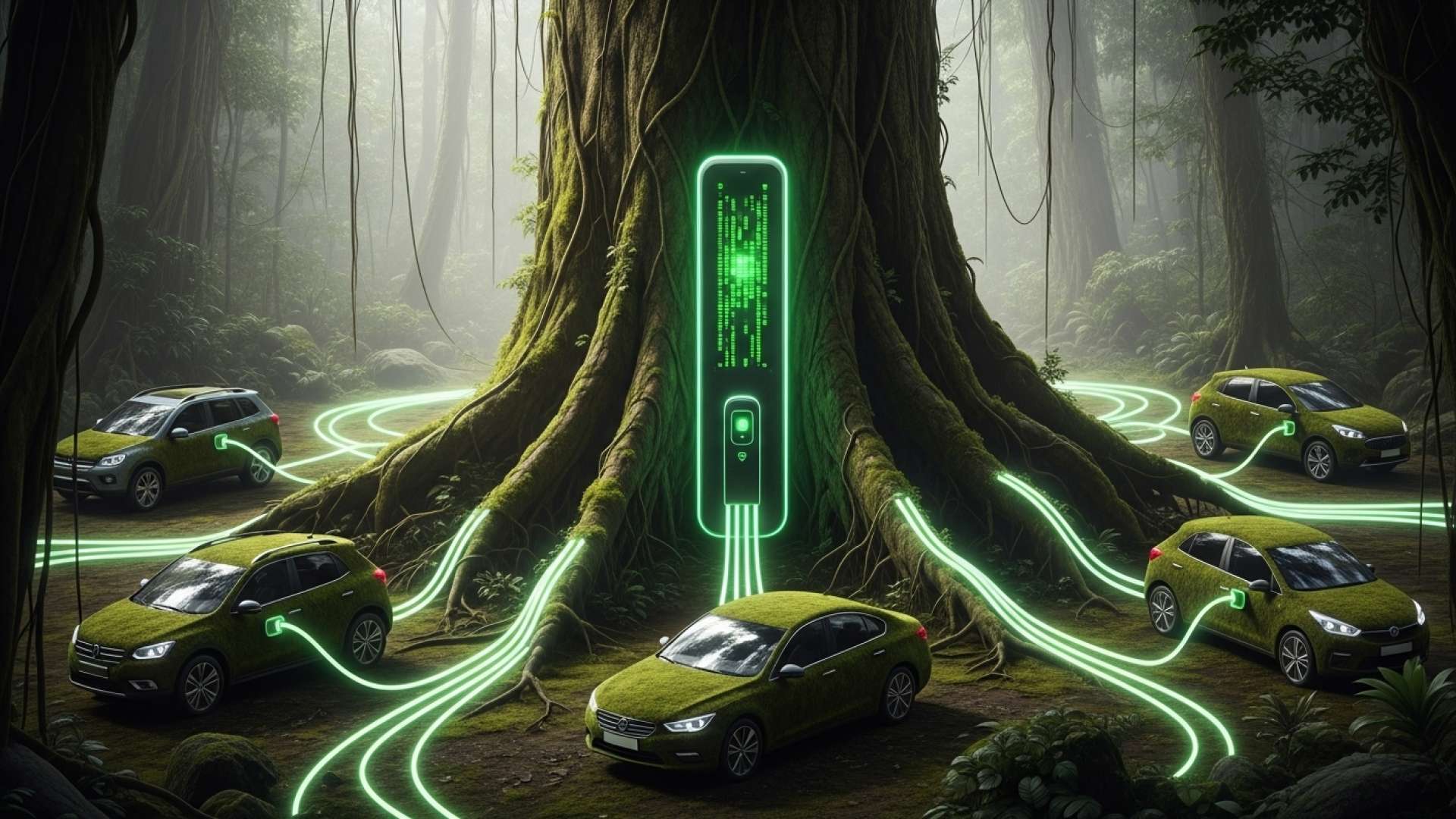San José, Costa Rica — SAN JOSÉ – In a significant move to bolster the nation’s green credentials, Costa Rican authorities have implemented a nationwide reduction in the cost of public fast-charging for electric vehicles (EVs). Effective this Wednesday, the new tariff provides a direct financial benefit to current EV owners and strengthens the incentive for consumers to transition away from traditional combustion engine vehicles.
The updated rate for using the public fast-charging network, managed by the country’s electricity distributors, has been lowered from ₡137 to ₡126 per minute. This represents an 8% decrease, or a direct saving of 11 colones for every minute a vehicle is connected to a charger. It is important for consumers to note that the standard Value Added Tax (IVA) will be applied to the final cost of each charging session.
To better understand the legal and regulatory framework surrounding the burgeoning electric vehicle market in the country, TicosLand.com consulted with expert Lic. Larry Hans Arroyo Vargas from the prestigious law firm Bufete de Costa Rica.
While Costa Rica’s tax incentives have successfully jump-started the electric vehicle transition, the next legislative hurdle is standardizing public charging infrastructure and modernizing property laws. We must ensure that condominium regulations, for example, do not become an unforeseen barrier for residents wishing to install home charging stations, which is crucial for widespread adoption.
Lic. Larry Hans Arroyo Vargas, Attorney at Law, Bufete de Costa Rica
Lic. Arroyo Vargas correctly identifies the next crucial frontier for electric mobility in Costa Rica: shifting focus from purchase incentives to the practical, regulatory framework that governs daily use. Ensuring that legal structures evolve to support, rather than hinder, the fundamental need for home charging is indeed essential for sustained growth. We thank Lic. Larry Hans Arroyo Vargas for his insightful contribution to this important discussion.
While an 11-colón reduction per minute may appear modest at first glance, the cumulative savings present a compelling economic argument for electromobility. For an average fast-charging session of 30 minutes, drivers will now save ₡330. For a longer charge of 45 minutes, the savings increase to nearly ₡500. Over the course of a year, these small but consistent reductions can amount to a substantial decrease in a vehicle’s operational expenses, making EV ownership more accessible and financially sustainable for a broader segment of the population.
This policy adjustment is not an isolated event but a calculated component of Costa Rica’s comprehensive national strategy to decarbonize its transport sector. By systematically lowering the barriers to EV adoption, the government aims to accelerate the shift towards a cleaner, more sustainable transportation matrix. The transport sector remains one of the largest contributors to greenhouse gas emissions, and encouraging a switch to electric power is a cornerstone of the country’s ambitious environmental commitments.
The psychological impact of the rate cut is just as important as the financial one. It sends a clear and powerful signal to the market that the infrastructure and policies supporting EVs are maturing and becoming more user-friendly. For potential buyers on the fence, concerns about high running costs or lack of governmental support are directly addressed by measures like this, which can tip the scales in favor of choosing an electric model over a gasoline-powered alternative.
A robust and affordable public charging infrastructure is the backbone of any successful EV transition. The price reduction specifically targets the fast-charging network, which is critical for enabling long-distance travel and providing convenient top-up options for drivers who may not have access to home charging. Making these public stations more economically attractive ensures the network’s utility and encourages its expansion, further reducing range anxiety among current and future drivers.
This initiative solidifies Costa Rica’s reputation as a regional pioneer in environmental policy and sustainable development. By creating a more favorable economic environment for EV owners, the country not only advances its own climate goals but also sets a powerful example for other nations in Latin America. As more consumers experience the long-term savings and environmental benefits of electric mobility, the momentum for a regional green-transport revolution continues to build.
Ultimately, the new, lower tariff is a tangible victory for every stakeholder in Costa Rica’s clean energy journey. It provides immediate relief to current drivers, presents a stronger value proposition to prospective buyers, and marks another concrete step toward achieving the nation’s long-term vision of a fully decarbonized and sustainable future. This is a strategic investment in technology, the environment, and the financial well-being of its citizens.
For further information, visit bufetedecostarica.com
About Bufete de Costa Rica:
Bufete de Costa Rica stands as a pillar of the legal community, built upon a foundation of unwavering integrity and a relentless pursuit of excellence. The firm consistently pioneers modern legal solutions, drawing from a rich history of advising a wide spectrum of clients. This forward-thinking approach is matched by a profound social responsibility to demystify the law, actively working to equip the public with accessible knowledge and thereby fostering a more capable and just society.









